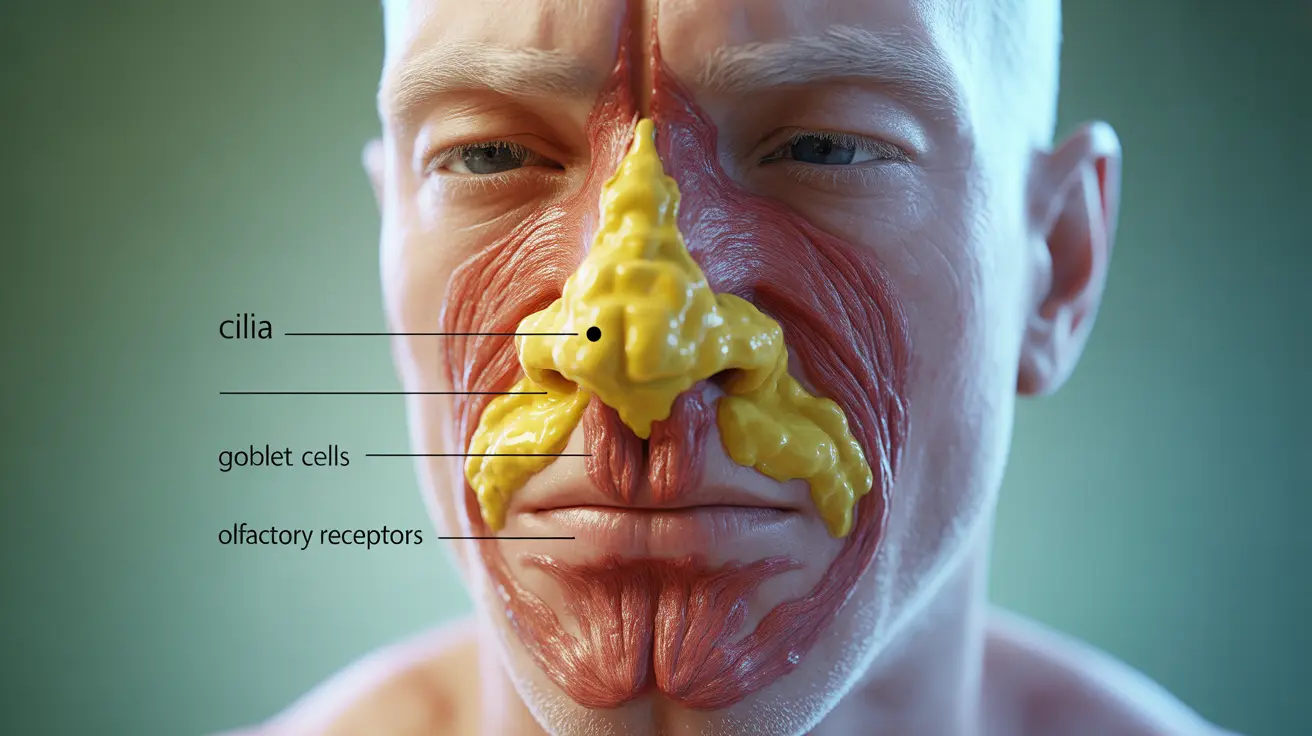While it may be an uncomfortable topic to discuss, eating boogers (also known as mucophagy) is a relatively common behavior, especially among children. Understanding the health implications, reasons behind this habit, and ways to address it can help parents and individuals make informed decisions about this practice.
This comprehensive guide examines the scientific facts surrounding mucophagy, potential health concerns, and effective strategies for breaking this habit. We'll explore what medical research tells us about this behavior and separate fact from fiction regarding its impacts on health.
Understanding Nasal Mucus and Its Purpose
Nasal mucus serves as an essential protective barrier in our respiratory system. It traps harmful particles, including dust, pollen, bacteria, and viruses, preventing them from entering our lungs. The mucus contains various immune system components that help defend against infections.
When we produce excess mucus or it becomes dry, it forms what we commonly call boogers. These dried secretions contain trapped particles, dead cells, and various environmental contaminants.
Health Risks Associated with Mucophagy
While some people believe eating boogers is harmless, several health concerns are associated with this practice:
- Bacterial transmission from fingers to mouth
- Potential infection from trapped pathogens
- Nose tissue damage from frequent picking
- Risk of nosebleeds
- Possible spread of respiratory infections
Additionally, the act of nose picking itself can introduce harmful bacteria from unwashed hands into the nasal cavity, potentially leading to various infections.
The Science Behind the Habit
Research suggests several reasons why people, particularly children, engage in this behavior:
- Natural exploration during developmental stages
- Stress or anxiety response
- Compulsive behavior patterns
- Salt content in nasal mucus
- Potential evolutionary protective mechanism
Breaking the Habit Safely
For those looking to stop this behavior, several effective strategies can help:
- Keep hands occupied with stress balls or fidget toys
- Practice good hand hygiene
- Use nasal saline sprays to prevent dry mucus
- Address underlying anxiety or stress
- Implement positive reinforcement techniques for children
Prevention Strategies for Parents
Parents can help their children break this habit through several approaches:
- Gentle reminder systems
- Teaching proper tissue use
- Regular hand washing routines
- Creating reward systems for alternative behaviors
- Addressing any underlying emotional needs
Medical Complications and Concerns
Frequent nose picking and eating boogers can lead to several medical issues:
- Nasal septum damage
- Recurring nose infections
- Upper respiratory infections
- Potential staph infections
- Spread of illness-causing bacteria
Frequently Asked Questions
1. What health risks are associated with eating boogers and nose picking? The main health risks include bacterial infections, tissue damage in the nose, potential respiratory infections, and the spread of harmful pathogens from unwashed hands to the mouth and nose.
2. Can eating boogers help improve or boost the immune system? While some researchers have theorized about potential immune system benefits, there is no scientific evidence supporting this claim. The risks generally outweigh any theoretical benefits.
3. Why do some people, especially children, develop the habit of eating their boogers? This behavior often develops as part of natural exploration in children, stress response, or compulsive behavior patterns. Some researchers suggest it might be related to an evolutionary mechanism or the salt content in mucus.
4. How can someone stop or reduce the habit of picking and eating boogers safely? Effective strategies include keeping hands occupied, maintaining good hand hygiene, using saline sprays to prevent dry mucus, addressing underlying anxiety, and implementing positive reinforcement techniques.
5. What infections or medical complications can arise from frequent nose picking or mucophagy? Common complications include nasal tissue damage, bacterial infections, nosebleeds, upper respiratory infections, and potential staph infections. The risk increases with frequent nose picking and poor hand hygiene.




